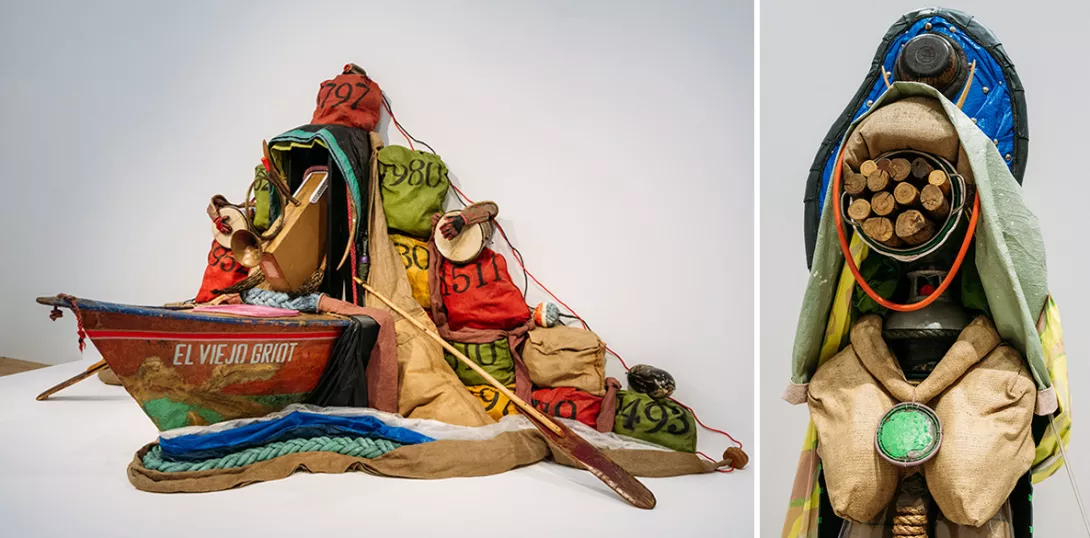ANDY HEDGECOCK relishes two exhibitions that blur the boundaries between art and community engagement
Focus on the political goal
RON JACOBS revisits the Antiwar Troupe’s 1971 Tour
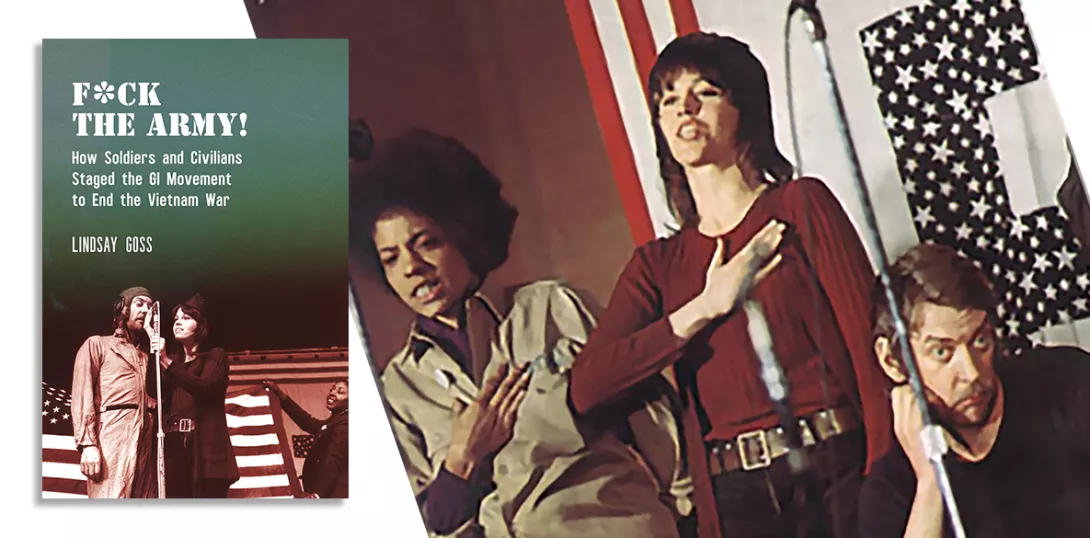
F*ck The Army! How Soldiers and Civilians Staged the GI Movement to End the Vietnam War
Lindsay Goss, NYU Press, £30
More from this author
The phrase “cruel to be kind” comes from Hamlet, but Shakespeare’s Prince didn’t go in for kidnap, explosive punches, and cigarette deprivation. Tam is different.
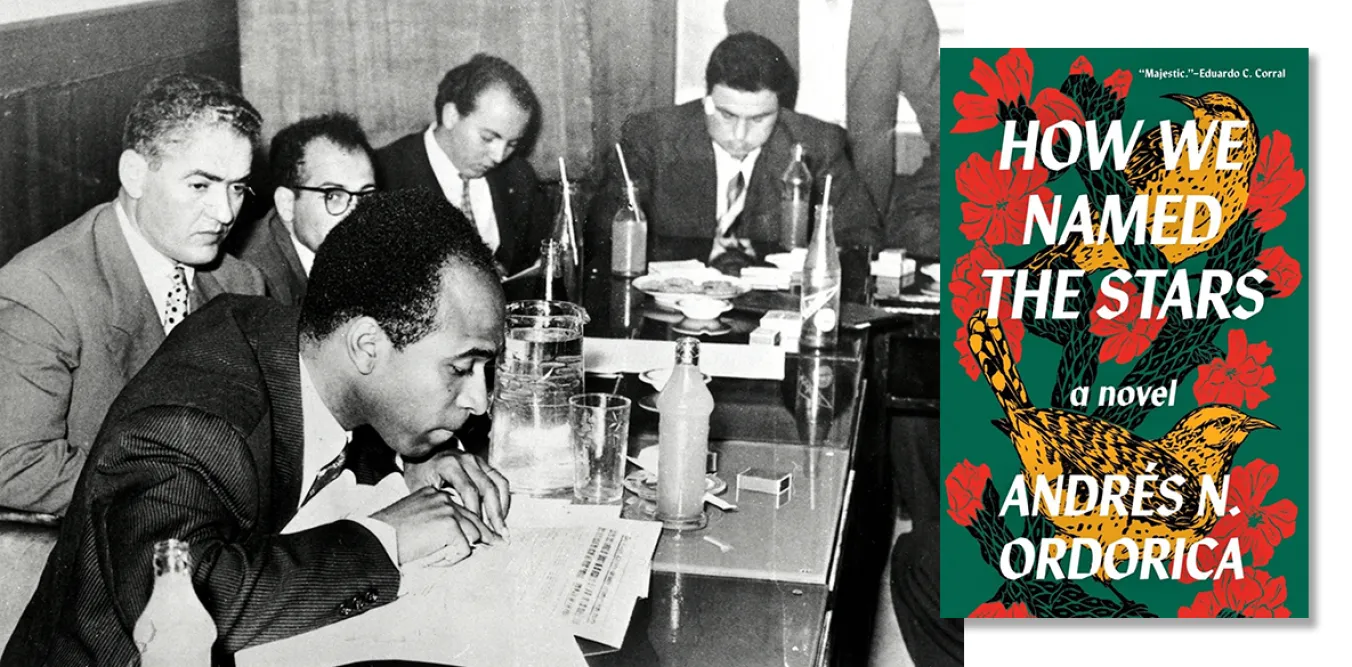
ANGUS REID deconstructs a popular contemporary novel aimed at a ‘queer’ young adult readership

A landmark work of gay ethnography, an avant-garde fusion of folk and modernity, and a chance comment in a great interview

ANGUS REID applauds the inventive stagecraft with which the Lyceum serve up Stevenson’s classic, but misses the deeper themes
Similar stories
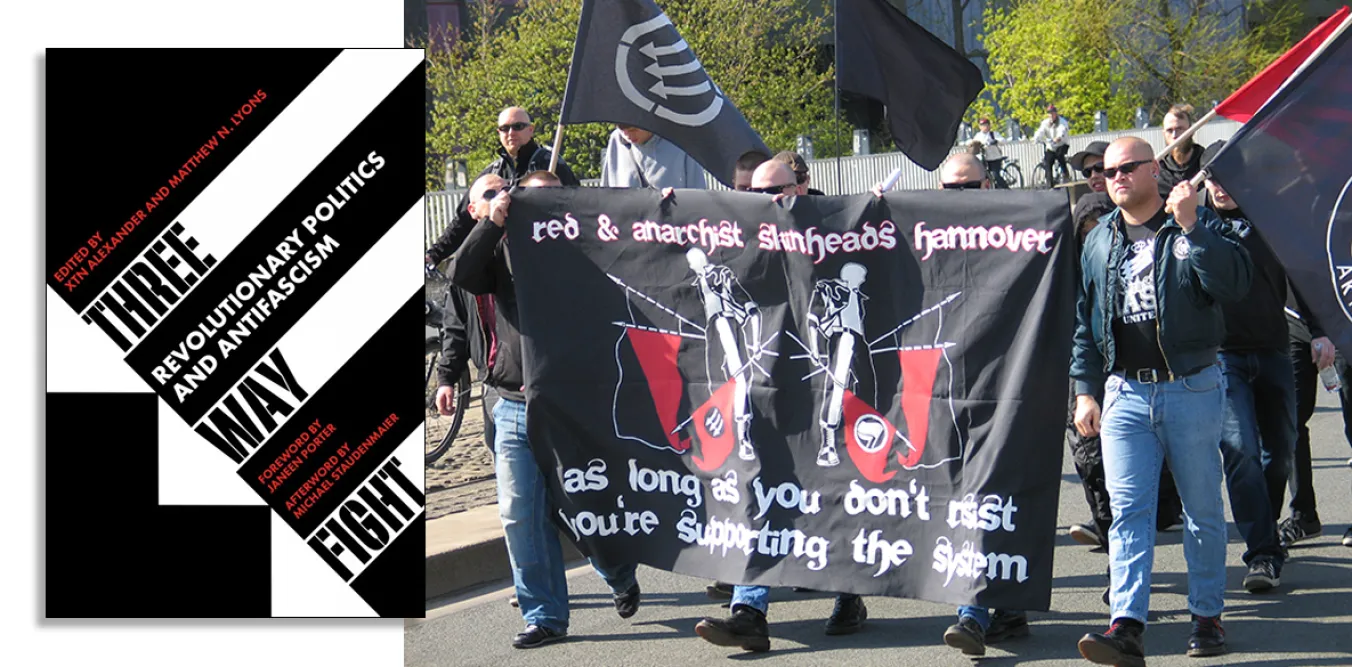
RON JACOBS recommends a new collection of essays that examine the presence of fascism in the US and the struggle against it
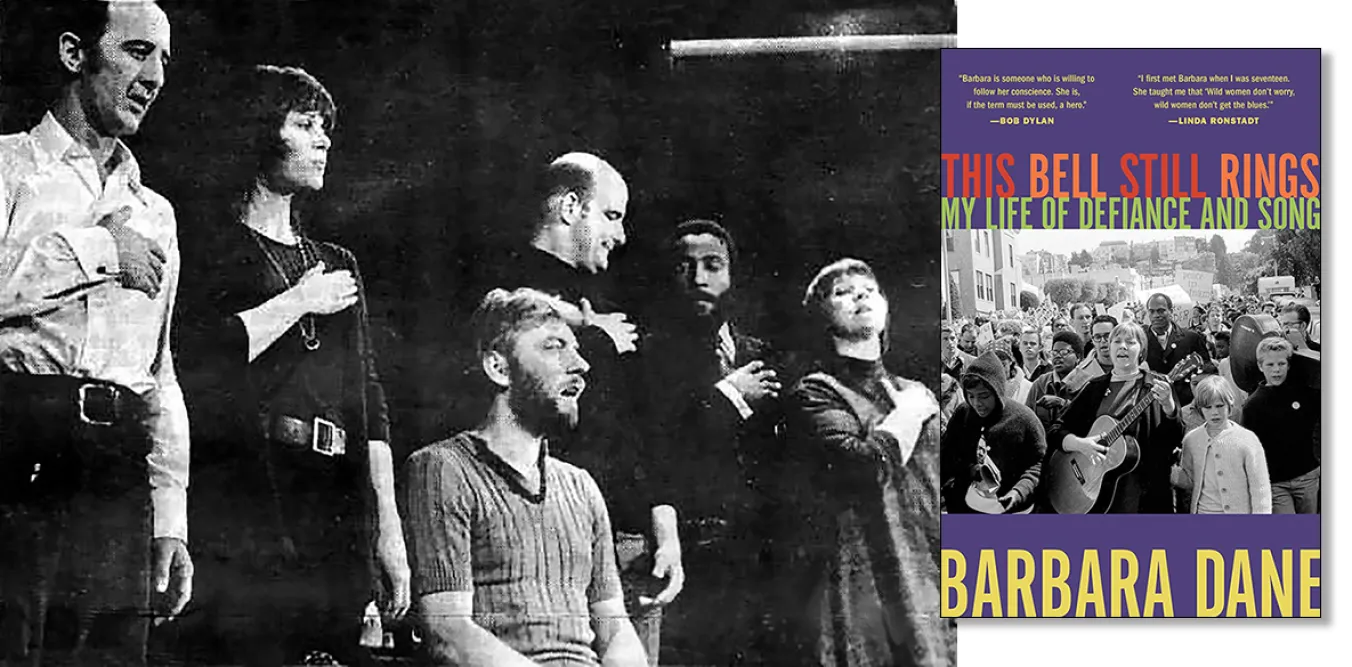
STEVE JOHNSON recommends the autobiography of the great US singer-songwriter and activist, Barbara Dane
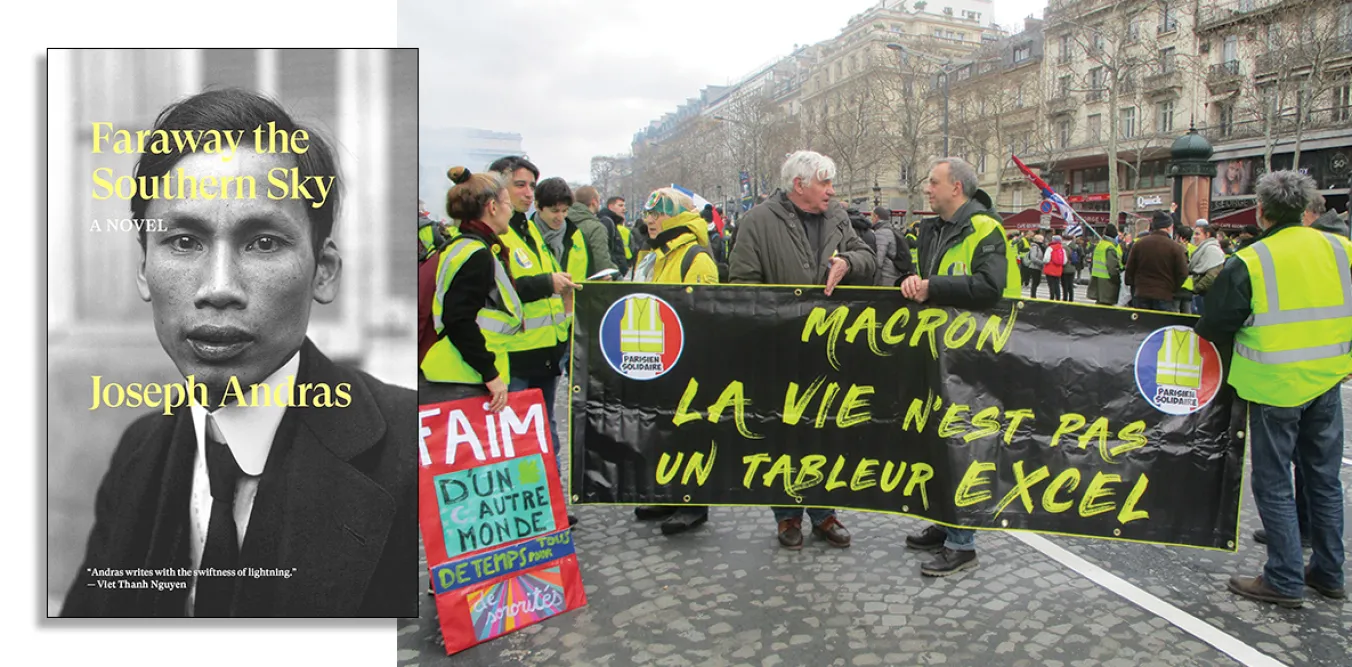
RON JACOBS recommends an evocative novel that explores the time that Ho Chi Minh spent in Paris
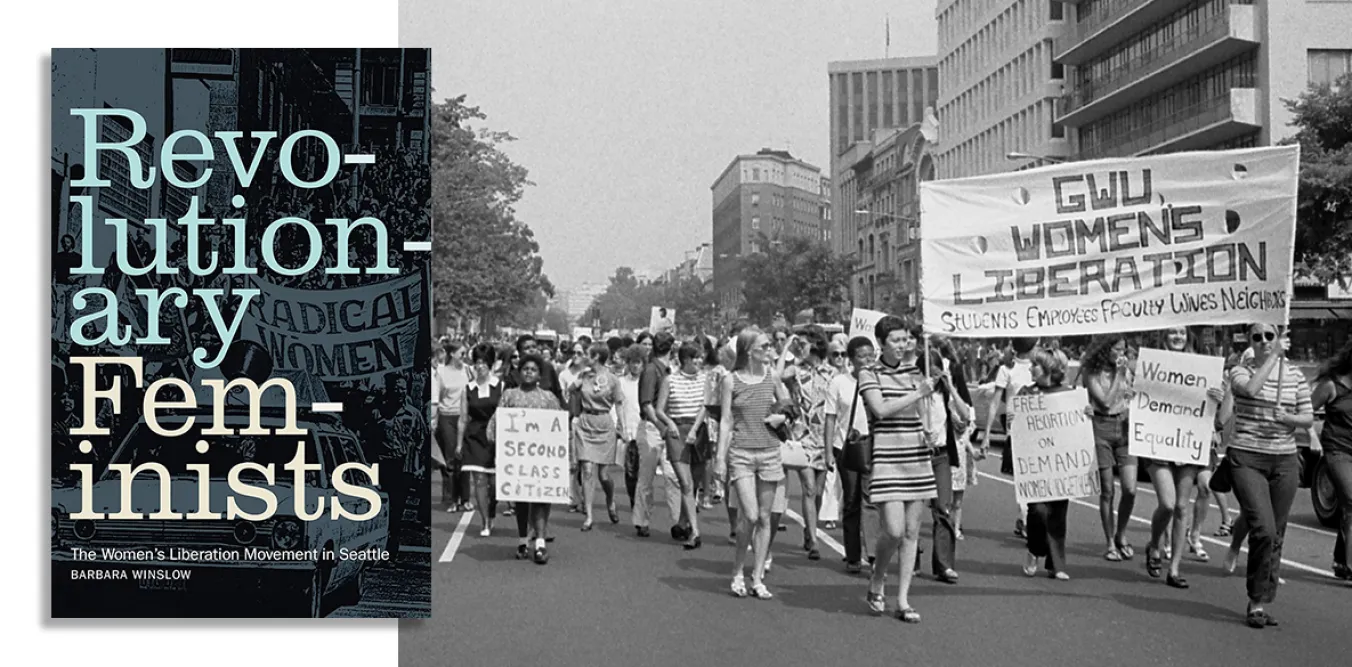
RON JACOBS points out that it wasn’t until anti-imperialist and anti-racist movements formed women’s liberation groups that the fundamental roots of oppression could be addressed


